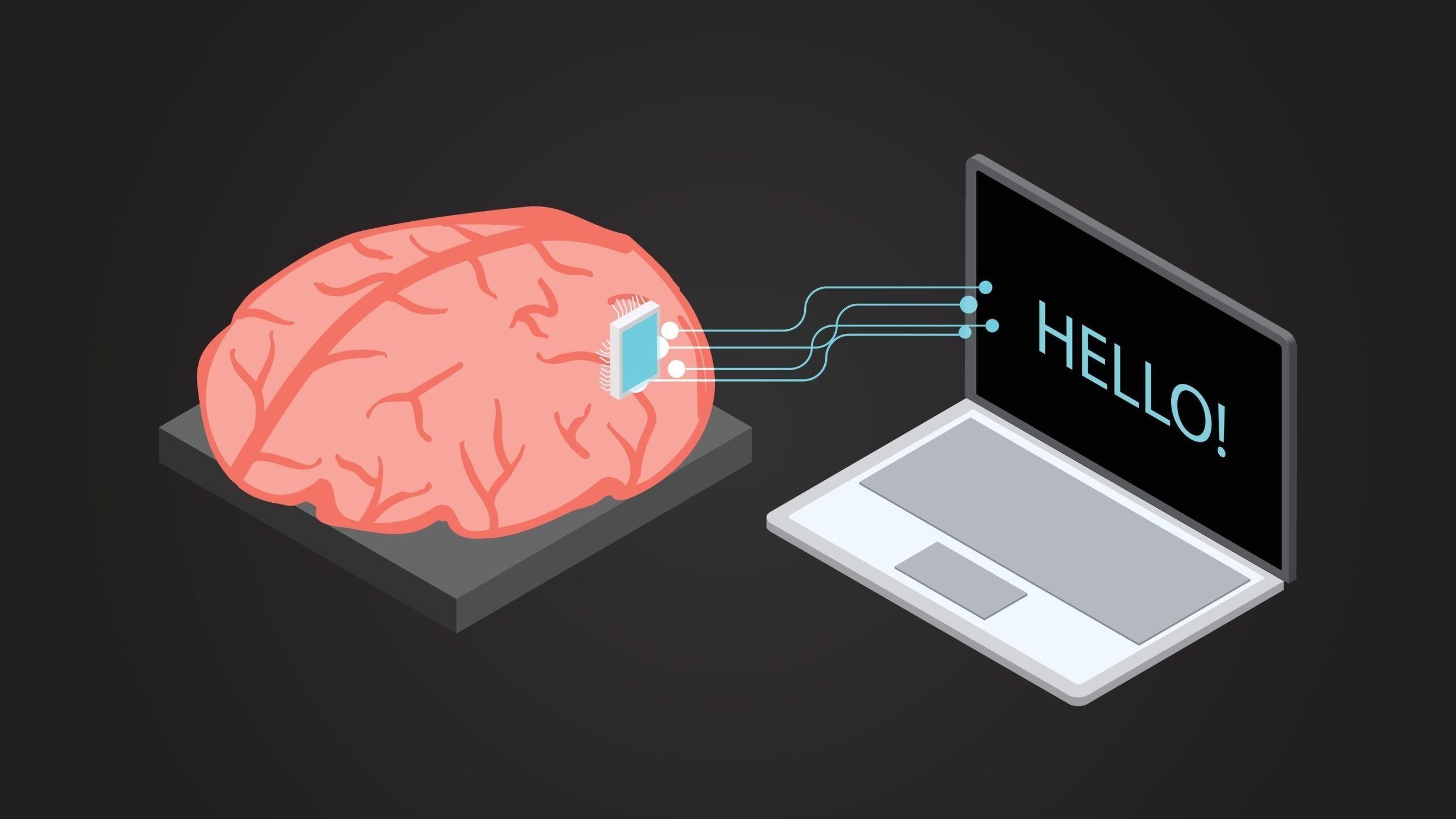
US-based endovascular company Synchron has completed patient enrolment in its brain-computer interface (BCI) clinical trial.
The company is developing implantable neural interface technology for people with severe motor impairment.
The goal of the trial is to assess if the Synchron Switch motor neuroprosthesis device can be safely implanted into the brain’s blood vessels using neuro-interventional procedures.
The primary endpoint of the trial (NCT05035823) is measuring the number of subjects with treatment-related adverse events, according to the ClinicalTrials.gov registry.
In addition to the safety of the procedure, the trial is also designed to evaluate quantified efficacy measures of the BCI device, especially for patients who are unable to use their hands. The study will examine whether Synchron Switch may enable the use of a participant’s thoughts to control daily tasks such as texting, online shopping and telemedicine services.
The trial has enrolled six patients with severe quadriparesis and has three active clinical trial sites in the US. It started its enrolment in March and is being conducted under the first investigational device exemption (IDE) awarded by the US Food and Drug Administration (FDA).
The trial is supported by the National Institutes of Health’s Brain Research Through Advancing Innovative Neurotechnologies (BRAIN) Initiative.
University of Pittsburgh neurology and neurosurgery professor Dr Raul Nogueira said: “Giving patients the option to receive a BCI device without the need for open brain surgery could open up a new frontier in BCI.
“We look forward to analysing the results of the study and potentially bringing this technology to those in need in the future.”
Clinical research with BCI
In January, Synchron announced a 12-month long-term safety data from the first-in-human trial. The company enrolled four patients with severe paralysis in Australia. Participants were implanted with Synchron’s first-generation neuroprosthesis device.
The data analysis showed that the neuroprosthesis device can transmit neural signals over a long period without any serious adverse events related to the device. The signal quality remained stable, and no evidence of significant deterioration was reported.
The trial participants were able to successfully control a personal computing device with the BCI and use the implant to generate digital switches under intentional control for daily digital activities.
Earlier this year, the FDA approved another BCI clinical trial in humans. Neuralink, which was founded by business magnate Elon Musk, is ready to investigate its implantable BIC chip in humans to help treat a range of conditions.

